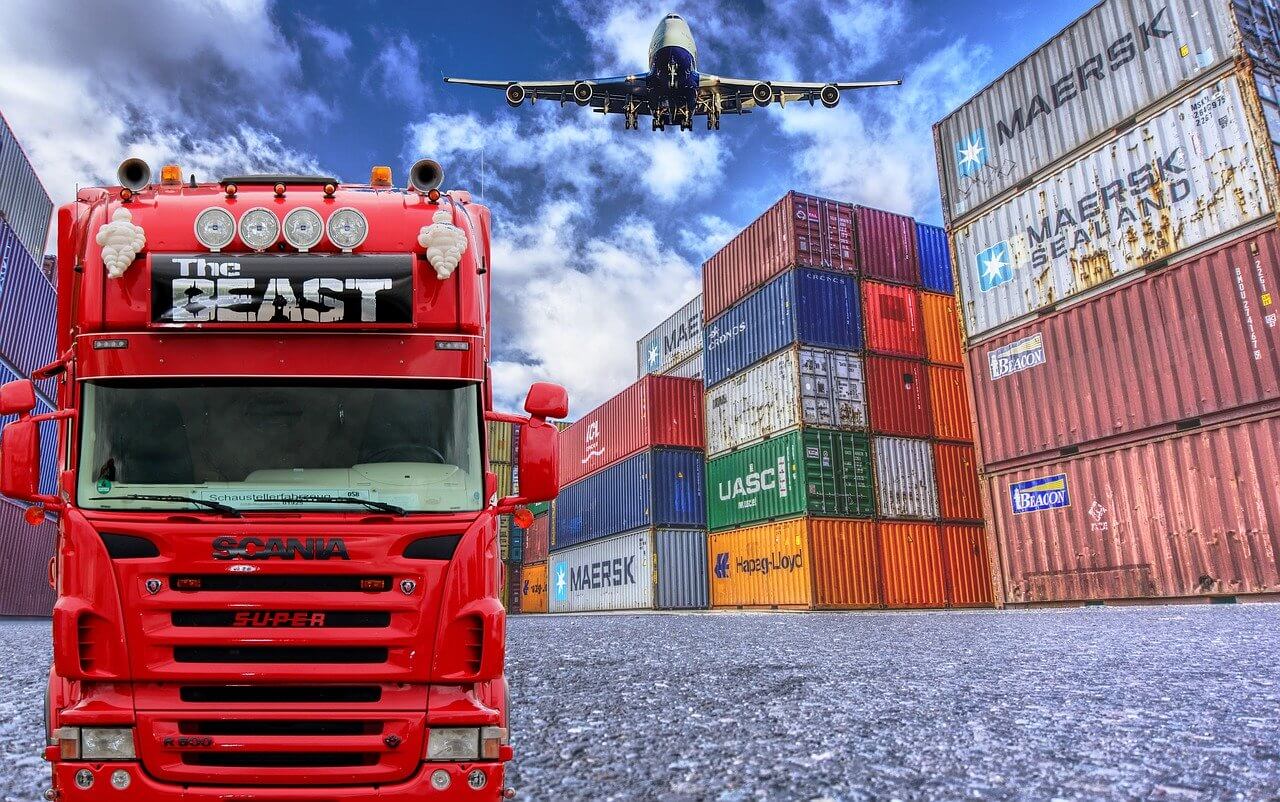The pandemic crisis has left global supply chains in a vulnerable shape. A case in point is China, the world’s leading supplier for many products has suffered a big fall out. Statistics show that China’s industrial production has dropped to nearly 14% beginning this year in comparison to the previous year’s performance. This figure is considered critical since the country did not note such a stark plunge during the SARS outbreak in 2008. This profound impact is considerably related to the dismissal of China products to nearly all countries except in North America.
The Impacts of COVID-19 on Global Supply Chains
The dramatic shifts in response to COVID-19 have led to major supply and demand disruptions.
· shortages of products due to the restricted operations of factories
· controlled distribution and restriction of products and goods
· retailers prioritize the deliveries of certain items particularly the medical goods
· many retailers have reduced their product variety to focus on items that have higher market demands
· food supply chains struggle to keep up food security worldwide
Three Ways Supply Chains are Coping with Pandemic
Here are some measures that can help organizations and businesses in improving their response while protecting inventory supply chains during this unprecedented challenge.
1. Maintain a healthy workforce. This is achieved by educating workers about COVID-19 including its symptoms and prevention. If employees are not informed and prepared about how the virus circulates and prevents it, the disease continues to spread which can lead to absenteeism and shortage of staff.
2. Make contingency plans and enhance labor planning with existing suppliers. Different supply chains face unique demands and risks. Thus, companies should devise plans to manage situations conservatively, to control product demand, and to maintain a positive picture for consumers by moderating excessive price hike.
3. Prepare staff for new working conditions. Employers should make sure that their staff is working in a safe and protective environment through education and training. Compulsory use of PPE at the workplace and providing employees instructions on how to use the new technologies are examples of this.
COVID-19 is a wakeup-call to supply chain industries. Companies and businesses will be much more prepared should black swan events like this happen again in the future, and therefore, they will be able to mitigate the catastrophic effects and provide better customer service.

